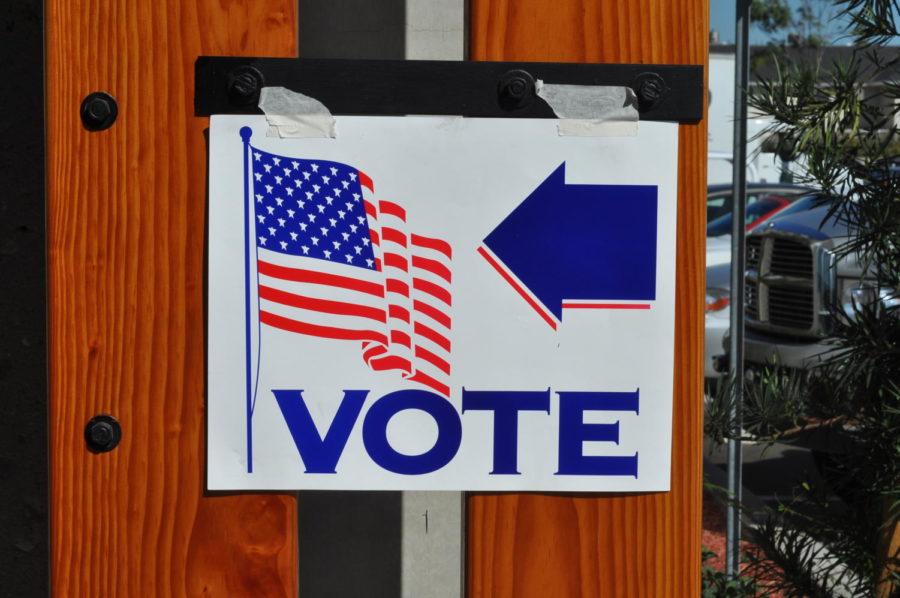Editorial: Address cause of voter fraud, save money
April 8, 2014
There may not be a right more basic in the United States than the right to vote. Depending on your politics, you might see the biggest threat to that right as either voter fraud or voter suppression.
Here in Iowa, our Republican-led executive branch has placed itself firmly in the corner of those that say voter fraud is the larger evil. Iowa Secretary of State Matt Schultz has recently led a two-year campaign to combat voter fraud, which resulted in the Division of Criminal Investigation referring further action on about 80 cases, 26 of which actually resulted in charges. For an effort that cost around a quarter million dollars, that number seems a little small.
According to Schultz, even these few wrongful votes are enough to justify even more spending. Last month, Schultz asked for an additional $140,000 because, according to him, “26 people canceling the vote of other Iowans is a big enough problem to keep this going forward.”
Shedding further doubt as to the necessity of such a program, many of the voters who cast illegitimate ballots in Iowa were unaware that they were breaking any rules. This is because former Governor Tom Vilsack signed an order in 2005 that automatically restored the voting rights of convicted felons upon their release. Gov. Branstad revoked the order in 2011, meaning some — but not all — former felons can vote in Iowa elections.
Admittedly, the focus of the investigation was making sure noncitizens were not voting and thereby canceling out legitimate votes. According to Schultz, several thousand noncitizens were registered to vote in Iowa. This information, however, was obtained by cross-referencing Iowa driver’s licenses with voter registration information.
Since driver’s licenses last for years and since thousands of immigrants become citizens in Iowa every year, the information uncovered by Schultz’ investigation may be largely, if not totally, irrelevant.
To be fair, there may very well be a legitimate voting fraud problem in the United States. A review of the 2012 election in North Carolina revealed that more than 150,000 voters were registered to vote in North Carolina and another state. More than 30,000 of these individuals seemingly voted in North Carolina and another state.
So it appears the claims that voter fraud does not exist are not quite accurate. Likewise, claims that voter ID laws would help also seem to hold little merit. Requiring voters to produce a government-issued form of identification would not prevent them from registering and voting in precincts. This ineffective solution would be like trying to slow speeders by raising the price of gas: it doesn’t address the real issue while still negatively impacting millions.
The American Civil Liberties Union estimates that more than ten percent of Americans do not currently have such identification, though a majority of states considered enacting such requirements. Additionally, 7 percent would not be able to produce adequate proof of citizenship, another avenue for limiting voter fraud passed by several states.
Those that call for stricter voting requirements are often accused of intentionally disenfranchising voters who are of a minority ethnicity, younger or who have lower incomes, all of whom tend to vote for Democrats. It may well be that the efforts to prevent voter fraud are not lined with less than good intentions. They may simply be misguided.







